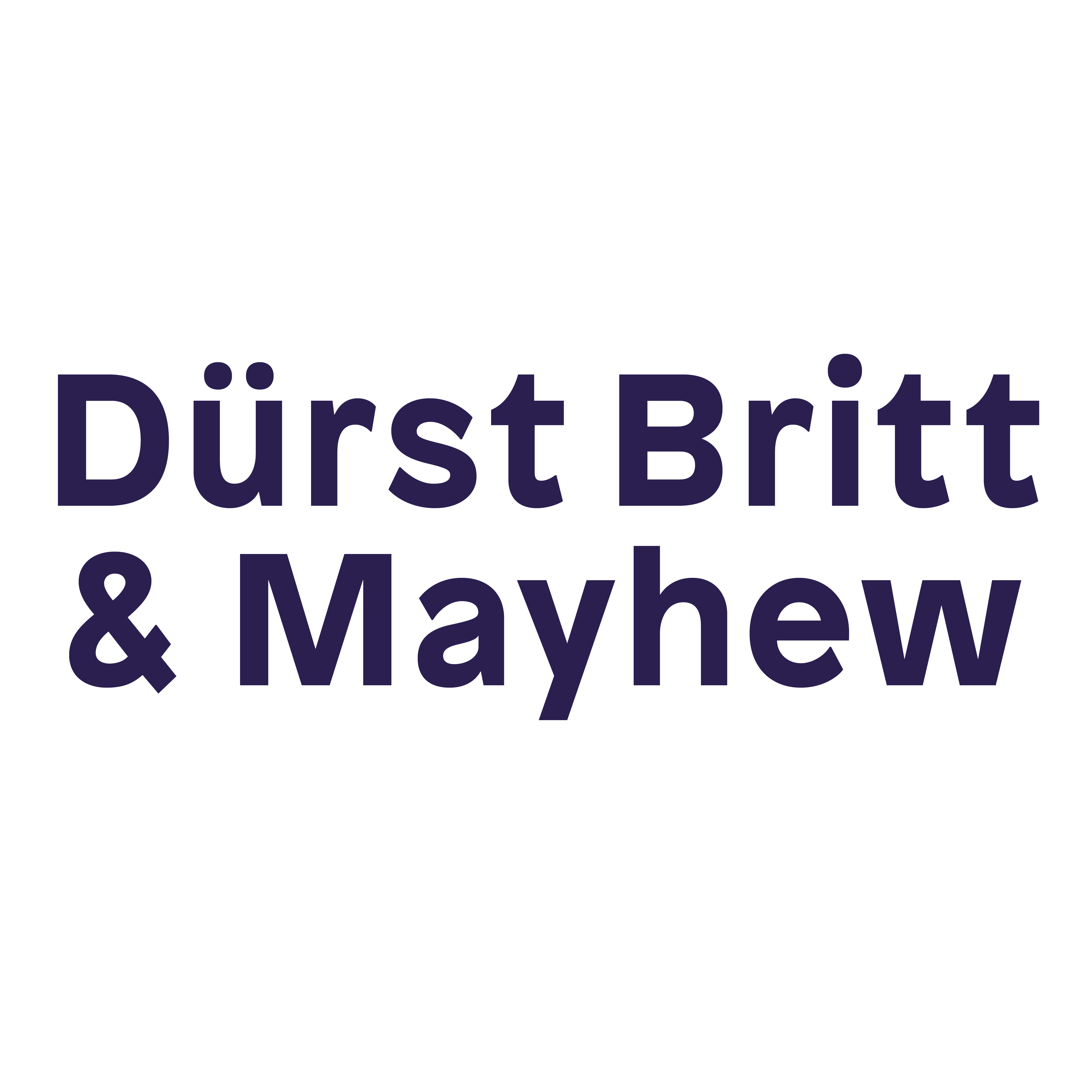Pieter Paul Pothoven: Frontspace: TK 15223
Ultramarine blue is recognized as one of the most eminent colors in the history of painting. Although it has been widely available since 1826 due to the discovery of synthetic ultramarine, its specific color experience has long been inextricably linked to the rare and precious lapis lazuli stone from Sar-e-Sang. These mines in what is now called Afghanistan have been supplying the highest quality stone to an extensive trading network for over 6,000 years.
Pieter Paul Pothoven realized the work Consignor Consignee (2021) from lapis lazuli that he acquired in Kabul in 2009. The stones were shipped by the Dutch Embassy through Kamp Holland (ISAF) in Tarin Kowt, Uruzgan, to the naval base in Amsterdam. By grinding and separating the lapis lazuli based on the density and specific mass of lazurite, the mineral that gives the rock its sought after colour, the resulting pigments represent varying intensities of the very same material—from the precious ultramarine the Old Masters have worked with, to the grey-blue dust left behind in the mine shafts.
Like the stones, also the crate, in which they were transported, were reworked into supports for the different pigments. By processing, repackaging and shipping lapis lazuli anew as a series of artworks, Pothoven underlines the post-aesthetic condition of the pigments. More than just an immaterial colour experience with a range of meanings – the color of peace, virtue, the sacred, the infinite and the void – the variegated ultramarine blue of Consignor Consignee is also a carrier of pressing contexts. The dust which miners have been breathing in for thousands of years; foreign intervention in the country where the stone is mined; the Amsterdam shipyard, now a naval base, where VOC ships were once built: all these frameworks testify to an asymmetric distribution of labour, power and wealth, from which the arts too cannot escape.
Pieter Paul Pothoven’s practice consists of installation, photography and different forms of writing. Historiography in relation to material culture pervades all projects and connects them in both theoretical and visceral ways. He received his BFA at the Gerrit Rietveld Academie in Amsterdam and his MFA at Parsons The New School for Design, New York (US). He was a resident at, amongst others, Instituto Sacatar, Itaparica (BR), Fine Arts Work Center, Provincetown, MA (US) and the Jan van Eyck, Maastricht (NL). Recent exhibitions include: In the Presence of Absence, Stedelijk Museum Amsterdam (NL); No you won’t be naming no buildings after me, TENT, Rotterdam, (NL); History is His Story, Nest, The Hague (NL); facade suspended, Dürst Britt & Mayhew, The Hague (NL); You Talkin’ to me?, Barbara Seiler, Zürich (CH); Listen to the Stones, think like a mountain, Tatjana Pieters, Ghent (BE); Lapis Lazuli from Serr-i-Sang, PuntWG, Amsterdam (NL); 11:59, Hudson D. Walker gallery, Provincetown (US); The Intelligence of Things, The Kitchen, New York (US). Work by Pothoven is held in private and public collections, including the Fries Museum, Leeuwarden, Akzo Nobel Art Foundation, Amsterdam and the Van Lanschot Art Collection, The Hague. Pieter Paul Pothoven lives and works in Amsterdam.
This work has been made possible with the generous support of the Mondriaan Fund and the Faculty of Science, Geology and Geochemistry (VU University, Amsterdam), with a special thanks to Roel van Elsas.



